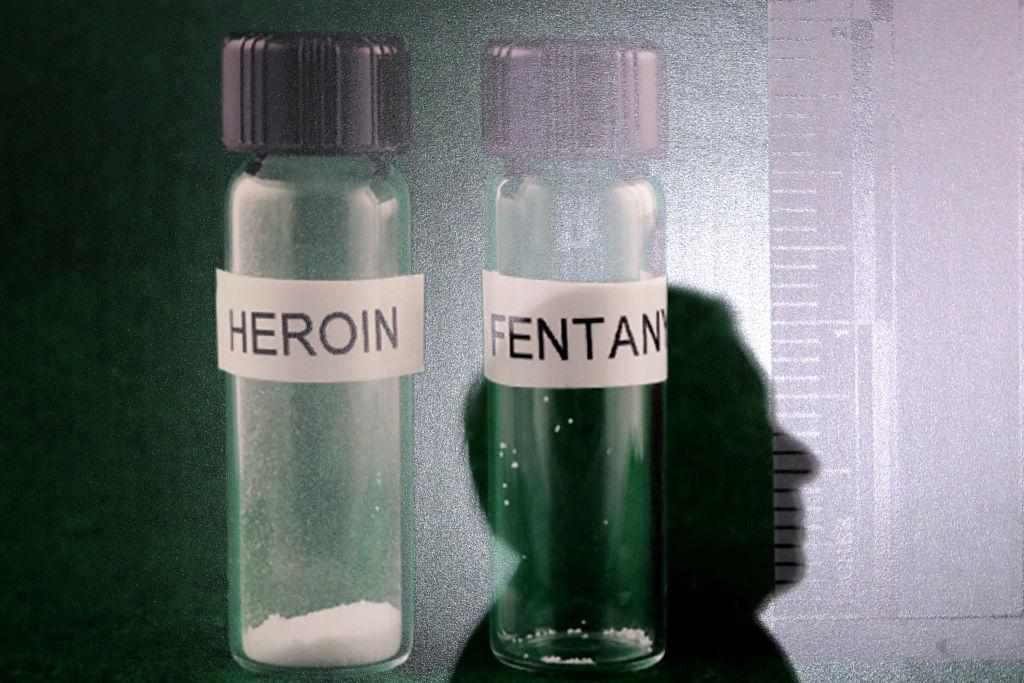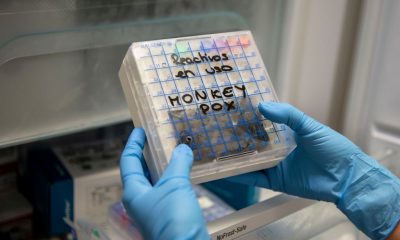The fentanyl crisis in the U.S. has gotten so bad in recent years that scientists are now looking for ways to counter the problem head-on. This need led a team of researchers to develop a vaccine preventing the substance from entering the brain.
In a study published in the journal Pharmaceutics, a team of the University of Houston researchers developed a potential solution to America’s growing fentanyl problem. According to them, vaccine immunotherapy is a viable therapeutic strategy to address the increasing incidence of opioid use disorder and fatal opioid overdose.
The scientists tested how their fentanyl vaccine works by blocking the highly potent synthetic analgesic from reaching the brain. They used the vaccine on 60 rats and found that the immunized lab animals developed anti-fentanyl antibodies to counter the drug’s effects.
By preventing the drug from entering the brain, the subjects did not experience the “high” fentanyl causes. The drug was also expelled from the body via the kidneys. Theoretically, users are unlikely to develop an addiction to the substance through this mechanism.
The team acknowledged similar efforts within the medical community, saying other anti-fentanyl formulations have also shown efficacy in significantly reducing the lethal effects of fentanyl and its derivatives. However, they also highlighted how their vaccine did not have adverse side effects in the test animals and did not cross-react with other opioids.
“There’s no question about it. We developed something that’s a new game changer,” Dr. Colin Haile, one of the authors and a research associate professor of psychology at the University of Houston and the Texas Institute for Measurement, Evaluation and Statistics, told Fox News.
Haile noted that what they developed is a “completely different strategy of treating an individual with opioid use disorder.” This is because, like vaccines for viruses and bacteria, their formulation produces antibodies for the target substance.
“It’s similar to the hepatitis B vaccine. The vaccine stimulates the body to make antibodies against fentanyl, and if an individual consumes fentanyl, those antibodies will bind to the drug and prevent it from getting into the brain,” Haile explained.
“Without the vaccine, fentanyl penetrates the brain quite readily, stimulates euphoric centers, and also can stimulate parts of the brain that control respiration, leading to overdose and death.”
But rolling out the vaccine to the public is still far away. Haile and his team were only able to test its efficiency on lab rats thus far. They have yet to test their formulation on humans. However, Haile was positive that human trials would yield the same results.
“Given that the vaccine is already made up of components that are already on the market and already have been tested in humans, we feel that when it comes time to submit our application to the FDA, we are hopeful that the approval process will be expedited,” he said before adding that their vaccine could become available for human consumption within two years.
Drug overdose fatalities reached a record high in the early days of the COVID-19 pandemic. The U.S. recorded 91,799 deaths from overdoses in 2020, a 30% increase from the previous year. In 2021, more than 80,000 people died due to opioid overdoses, and 88% of the cases were linked to fentanyl, according to Bloomberg.
















